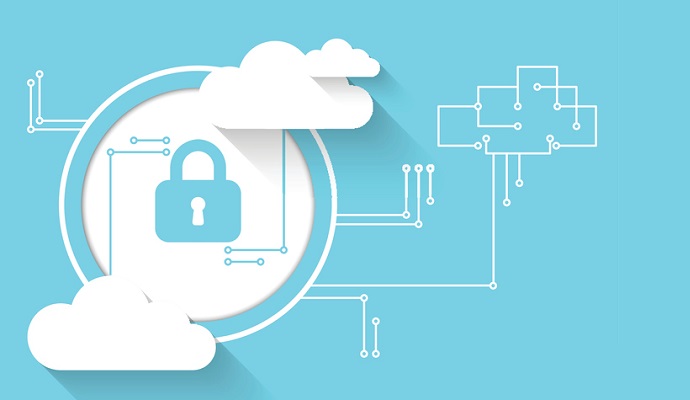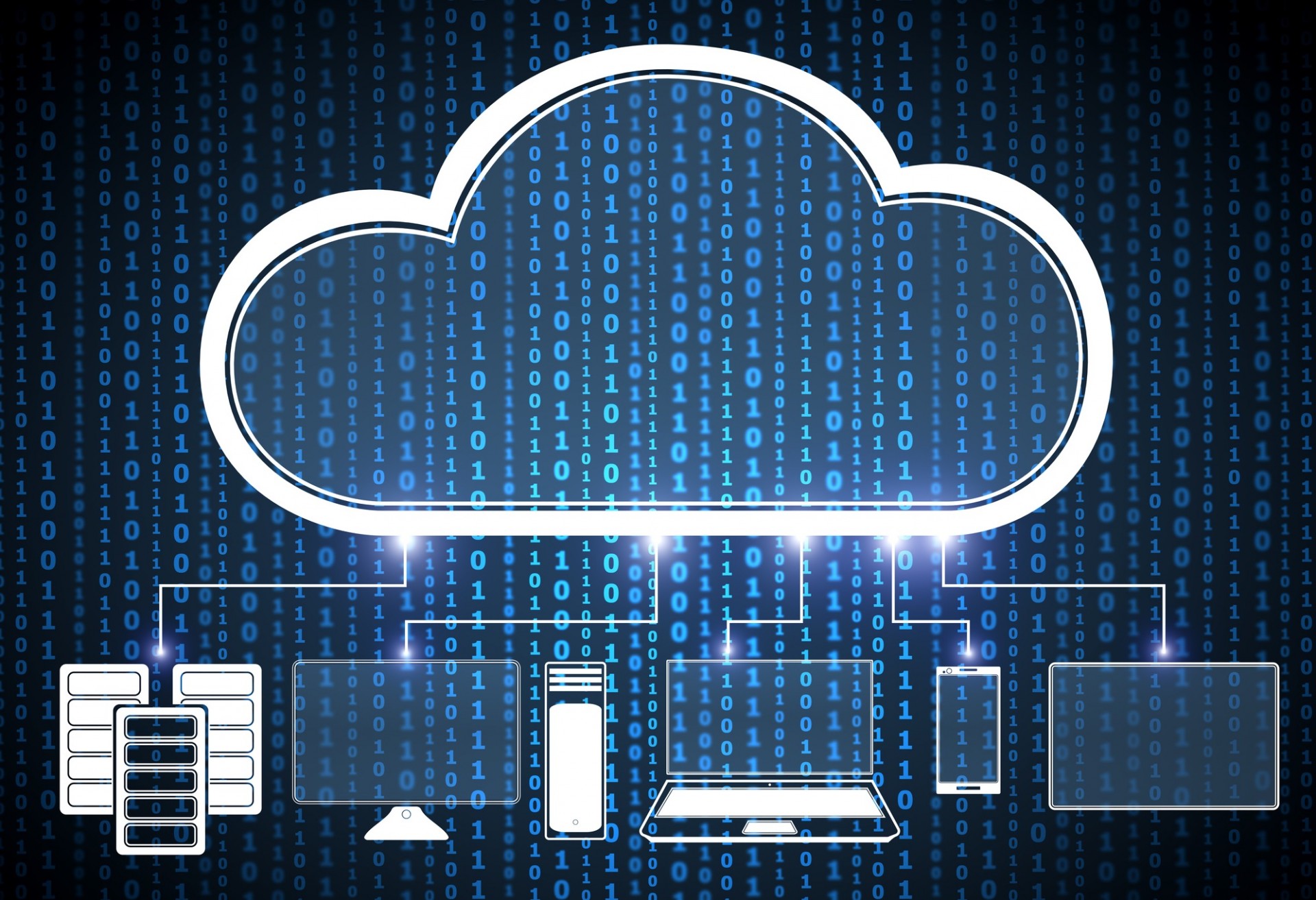There’s no question that cyber threats continue to plague businesses worldwide.
The risks range from identity theft all the way through complex viruses which destroy data integrity. For companies that must maintain HIPAA compliance, the stakes and the demands for top security are high.
In fact, like the recent WannaCry ransomware attack shows, cybersecurity is the only way to avoid preventable data breaches. Privacy laws are stringent, but some organizations are still reeling from lax protocols that put patient records at risk.
Perhaps even more disturbing, the head of the Homeland Security department claims that North Korea was behind the attack.
1. Healthcare Systems Are Favorite Targets for Hackers
The fact that foreign powers may be conducting cyber warfare that attacks health records should be enough to keep healthcare IT department managers awake at night. Even traditional data centers worry about losing data, but the trouble compounds significantly with HIPAA because of the severe penalty potentials for breaches.

High profile data breaches can threaten the existence of a healthcare enterprise. It’s not only the fact that the fines can rise into the millions of dollars. Even worse might be the long-term damage to corporate reputation.
Publicly traded companies, in particular, rely on high degrees of confidence from public markets to get fresh capital. A breach of data that reveals sensitive patient information to the wrong hands hurts their reputation with patients and investors alike.
Healthcare networks are a favorite target for hackers because the organizations can pay ransoms and many of them have a tradition of lax cybersecurity practices. In fact, one of the critical reasons that HIPAA compliance exists is to push healthcare systems to modernize. These organizations store tons of data which is personally identifiable and needs to remain private. Those who neglect their roles as data stewards face censure and fines.
2. Compliant Cloud Storage Is a Must for Healthcare Enterprises
Stringent requirements call for automated compliance at the data center level and beyond. No organization can afford to allow human error into their information chain. If they do, a breach is a likely outcome.

Even worse, as the WannaCry attack on the NHS in Britain shows, ransomware or other viruses can disrupt critical appointments that affect patient’s health. Experts say that the attack was relatively unsophisticated and that routine IT security was lacking.
Organizations must decide to handle IT duties on their own or to use third-party services. If they choose to go with another company’s service, they still need to ensure that business uses compliant cloud storage. Ultimately the healthcare organization takes full responsibility for the privacy of patient data, regardless of where it resides.
3. Keep Your Data on Compliant Cloud Infrastructure

The only option is to ensure that that they never store patient information on any non-compliant solution. To do so invalidates the HIPAA privacy program and puts the entire organization at risk. The process should be straightforward enough. The IT department for the healthcare organization must be sure to contract all data storage only on a compliant cloud infrastructure. The provider will have all of the crucial documentation and equipment in place along with critical policies to ensure data safety.
4. Small Organizations Need to Comply

It’s not just large enterprises that need concern themselves with HIPAA. Small organizations are often lax in their cyber security practices. It may be because they don’t take the threat of fines seriously or simply due to a lack of investment in the necessary compliance infrastructure.
Either way, they still face massive fines, which are more than enough to bankrupt them. Considering how many cyber threats now exist, no company can afford to ignore HIPAA.
Regulators don’t differentiate at all between a massive operation or a sole practitioner. Being small doesn’t get your business off the hook. Just like larger competitors, you’ll need to define your privacy policy and install safeguards the protect your patient’s privacy. In the case of an audit, it will be contingent on your IT department to show the steps that go into ensuring this promise.
5. Being Compliant Has Its Advantages
The good news is that patients are more likely to deal with companies that are serious about compliance. Compliance starts with management and needs to work its way through all levels of employees. A breach by any single worker hurts the entire operation, so the need for teamwork and constant training are crucial.

There are a few trends that should make any healthcare IT department nervous. Not only are HIPAA fines rising in total dollar amount, but the number of penalties is also on its way up. That means your organization is more likely to get a fine and that punishment will be more significant than in past years. HIPAA is no longer new, so the regulators are expecting that companies are covering their bases.
Don’t Underestimate the Current Threat Level
Theft and hacking represent considerable risks to all healthcare organizations. They make up nearly 67% of all attacks, which means they need immediate attention. Hackers are becoming more sophisticated each year. Since they’re on the rise in their skills, your IT department will have to do the same. The time for ignoring cybersecurity has long passed, and only diligence can win the day.
Commitment compliance starts at the top and works its way throughout an entire organization. Once the rules are set, and the proper technology is in place, a compliant environment that’s entirely safe for patients is possible.

It’s possible to eliminate nearly all human error and other vectors of the threat with a proper amount of effort and planning. The stakes are high enough that doing so must remain a top priority.
HIPAA regulation is here to stay. Chart a course for compliance and then set the processes in place to ensure successful data stewardship. The efforts you take now will enhance your organization’s capacity to deal with risk and regulations.
